Animal testing is a highly controversial topic that has been the subject of much debate over the years. There are strong arguments on both sides of the issue, and it can be difficult to determine what is right and what is wrong.
Is Animal Testing Ethical
The debate is animal testing ethical or unethical often centers on the question of whether or not animals have a right to life and should be treated with respect.
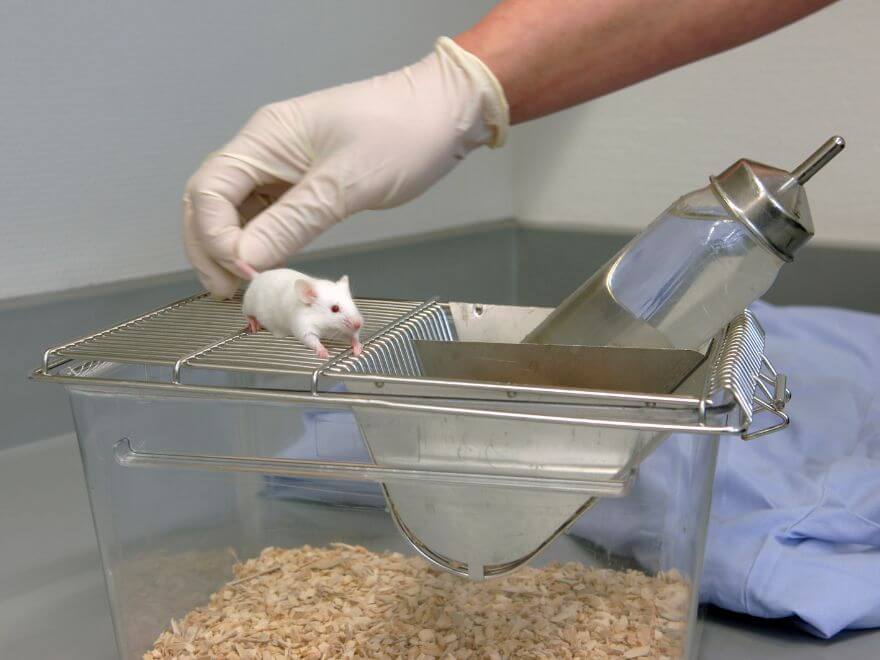
Those who argue in favor of animal testing typically do so for medical reasons. They believe that animals should be used in research in order to develop new treatments and cures for diseases. They argue that the benefits to humans outweigh the suffering of animals.
Those who oppose animal testing typically do so on ethical grounds. They believe that it is wrong to use animals in experiments, regardless of the potential benefits to humans. They argue that Animals deserve our compassion and protection, not exploitation.
What are the ethical issues with animal testing?
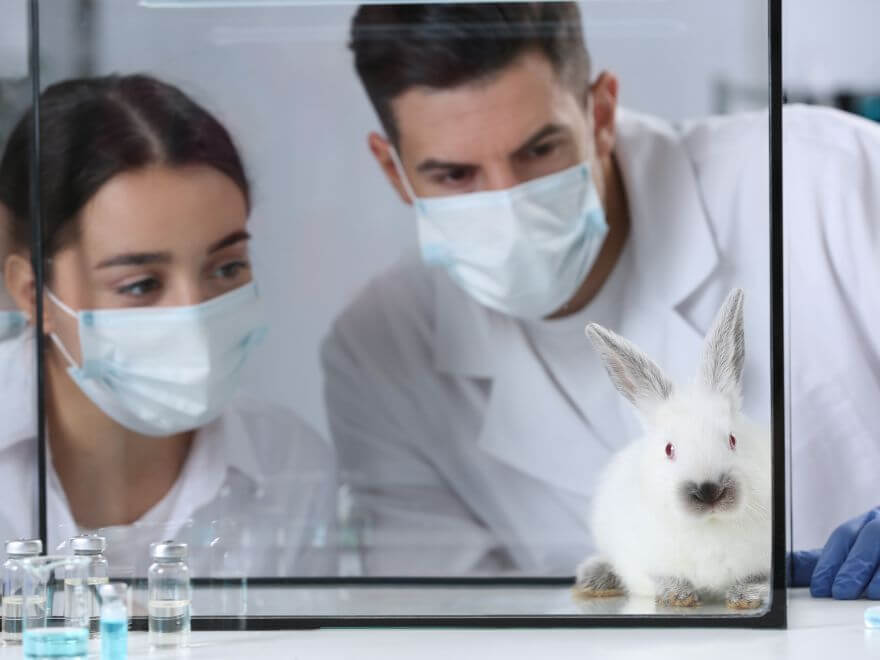
There are several arguments against animal testing.
- One argument is that it is cruel and inhumane to subject animals to experiments. Animals in experiments may be subjected to pain, suffering, and even death, and this does not seem like a justifiable reason for their mistreatment.
- Another argument against animal testing is that there are often alternatives available that do not involve using animals, such as test tube studies or computer simulations.
- Additionally, some argue that the results of animal studies may not be accurate or applicable to humans due largely to species differences.
On the other hand, there are also arguments in favor of animal testing.
- One argument is that animals have been used in scientific research for centuries and have contributed immensely to our understanding of biology and medicine.
- Additionally, many argue that without animal experimentation we would never have made some of the major medical breakthroughs we have today – such as vaccines for polio or cancer treatments.
Why is animal testing ethical
Animal testing is ethical because it provides invaluable information about the safety and effectiveness of new products, treatments and procedures. Without animal testing, many life-saving medications and treatments would not be available. Animal testing also helps to ensure that these products are safe for human use.
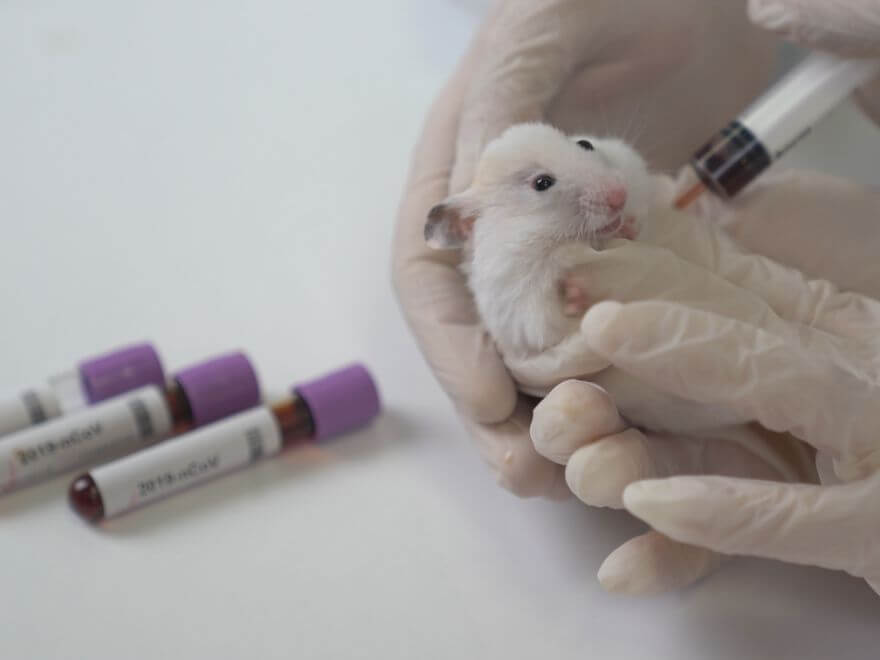
Some people argue that animal testing is cruel and inhumane. However, animals used in research are well cared for and treated humanely. In addition, the benefits of animal testing far outweigh any potential harm to animals.
🔬 Subscribe to SciMail
Get the latest science discoveries straight to your inbox!
Those who believe that animal testing is ethical argue that animals are not sentient beings and therefore cannot feel pain or suffering. They also argue that animals are often used in medical research studies in order to find cures for human diseases, which can ultimately save lives. Furthermore, they contend that the benefits of animal testing outweigh the costs.
Why is animal testing unethical and useless
Those who do not believe animal testing is ethical argue that it causes unnecessary pain and suffering to animals. They also contend that there are other ways to test products without using animals , such as through computer simulations. Finally, they assert that animal tests do not always accurately predict how humans will react to a product.
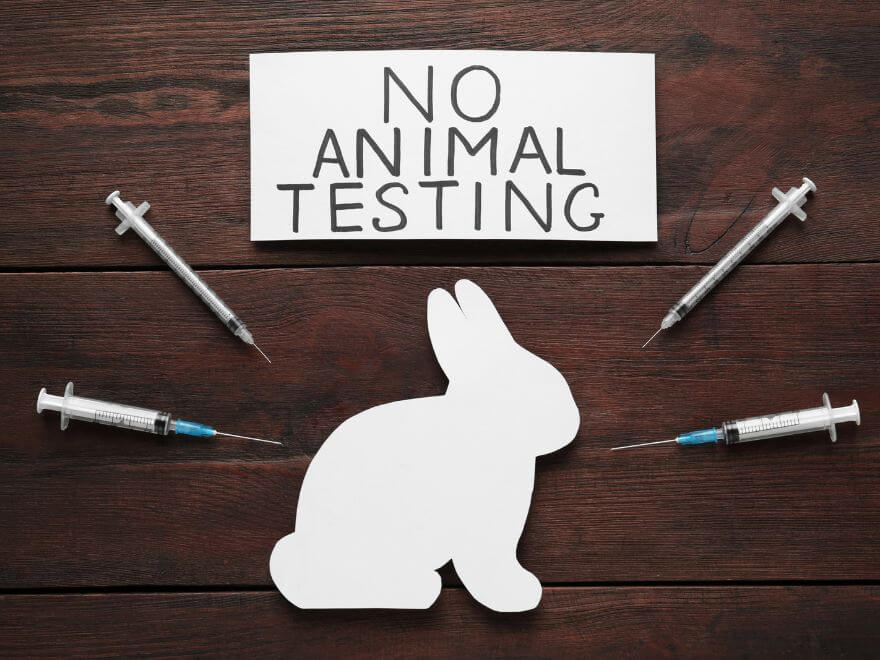
There are a number of reasons why animal testing is not ethical.
- First and foremost, animals are sentient beings that feel pain and suffering just like we do. They should not be subjected to cruel and painful experiments for our benefit.
- Second, there are often more effective alternatives to animal testing that don’t involve harming animals.
- Finally, even when animals are used in experiments, they frequently suffer needlessly because their needs are not always taken into consideration by researchers.
Animal testing is unethical and should be stopped .It causes pain and suffering to sentient beings ,there are often more effective non -animal methods available, and even when animals are used in research, they frequently suffer needlessly. We have a responsibility to protect animals from harm, and Animal testing does not meet this responsibility.

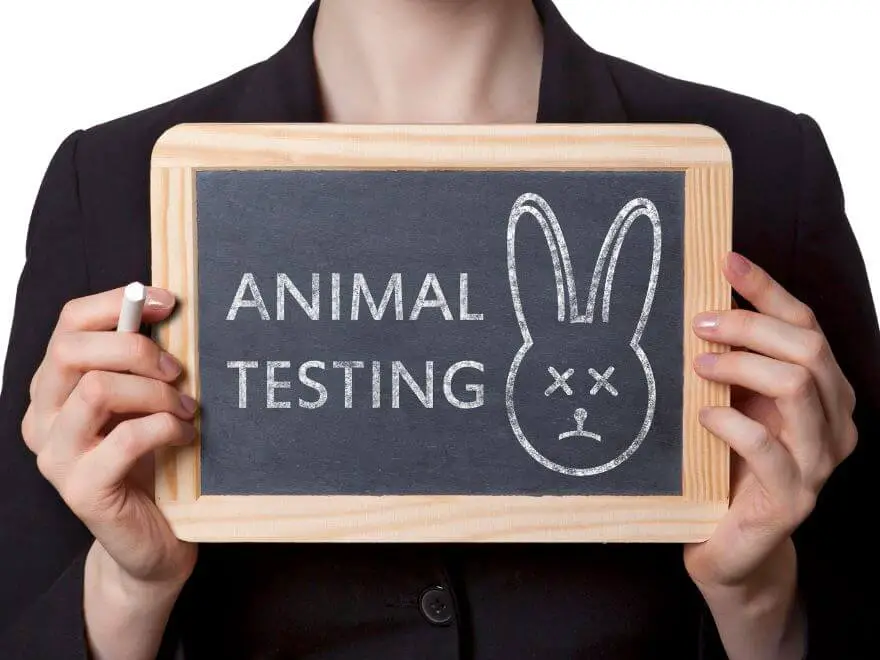
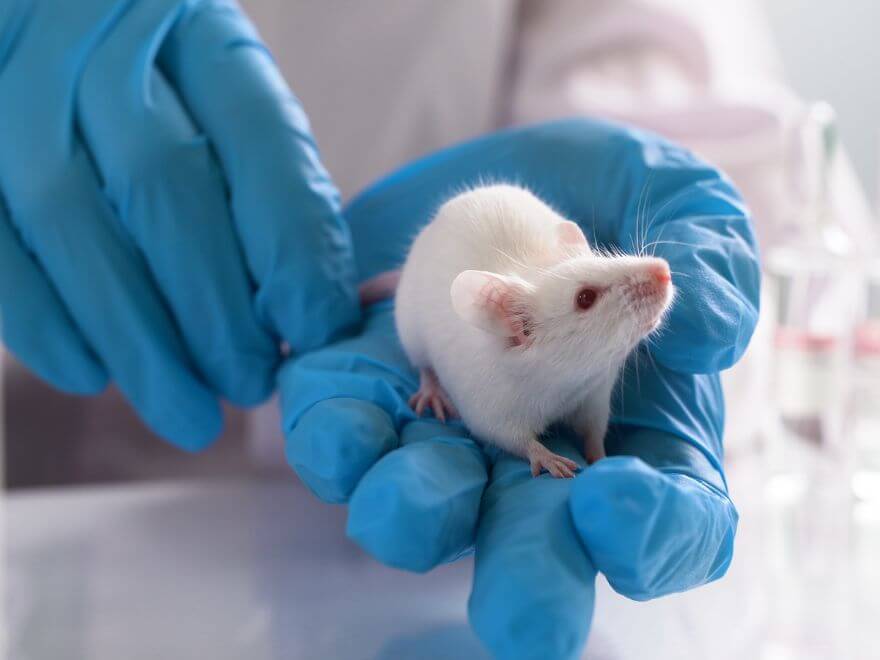
Leave a Reply